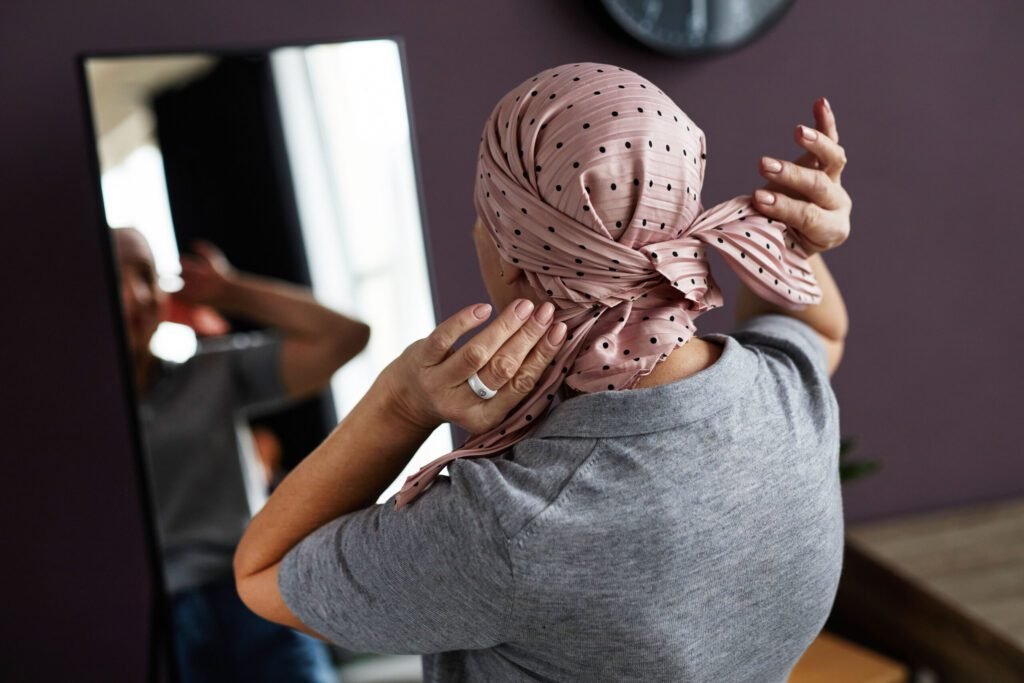The Impact of Hair Loss on Cancer Treatment Decisions Among Patients
Recent findings reveal that a significant number of cancer patients are hesitant to pursue treatment due to concerns about hair loss, posing a serious public health issue. This trend appears particularly pronounced among patients in underserved communities, including a focus on individuals of color.
Key Findings from Dermatological Research
Concern Over Hair Loss
A study spearheaded by Dr. Adam Friedman, a leading dermatologist at the George Washington School of Medicine and Health Sciences, exposes startling statistics:
- One in three participants indicated they might refuse cancer treatment due to fear of hair loss or skin rashes.
- The research surveyed 77 attendees, predominantly Black women, at health fairs in Southeast D.C.
Dr. Friedman emphasizes, “That is extremely high, and it is a statistic that we need to address.” This concern highlights the emotional toll that perceived side effects can have on patients’ treatment decisions.
Misconceptions About Side Effects
The study also indicates a pervasive misconception regarding the frequency of hair loss associated with cancer treatments:
- Approximately 14.7% of cancer patients actually experience hair loss.
- About 52% of those who do experience hair loss report it during treatment with traditional or targeted chemotherapy.
Moreover, half of the surveyed individuals believed that hair loss occurs “much more” frequently than it does, indicating an urgent need for better patient education.
The Importance of Dermatology in Cancer Care
Role of Dermatologists
With many cancer patients unaware of the supportive role dermatologists can play, the study highlights that nearly 50% of cancer survivors did not consult a dermatologist during their treatment.
Dermatologists can not only treat but also potentially prevent various side effects associated with cancer therapies. Dr. Friedman noted, “This emphasizes the importance of dermatologists being part of the cancer care team, but also ensures equitable education for everyone.”
Addressing Health Equity
Health disparities, particularly in underserved areas, contribute to the limited access to healthcare professionals, including dermatologists. This lack of access exacerbates concerns over the side effects of cancer treatment and heightens patients’ fears.
Call to Action: Advocating for Your Health
The findings of this study underscore the importance of taking an active role in health care. Patients are strongly encouraged to:
- Communicate openly with their health care team about concerns regarding treatment side effects.
- Seek information from reliable sources, such as the American Cancer Society, to dispel myths regarding hair loss and other potential side effects.
Closing Thoughts
Addressing the fears associated with cancer treatment—even those as seemingly superficial as hair loss—could significantly impact treatment uptake and overall patient wellbeing. By fostering open communication and encouraging equitable education in cancer care, we can help reduce these barriers and improve health outcomes for all patients.
For further insights on managing the side effects of cancer treatments, including hair loss, visit American Cancer Society and Journal of Drugs in Dermatology.
Stay informed and empowered in your health decisions.


